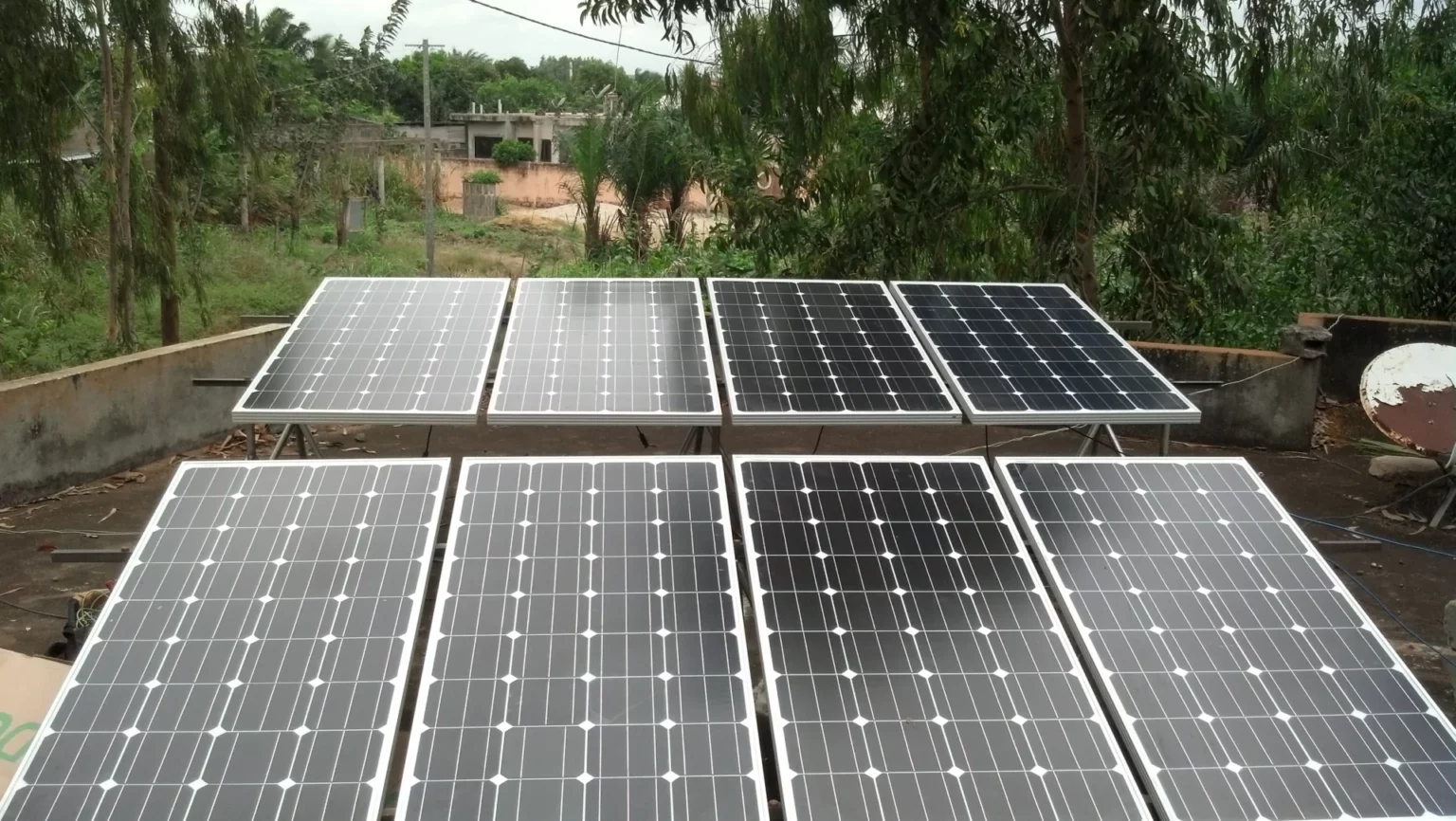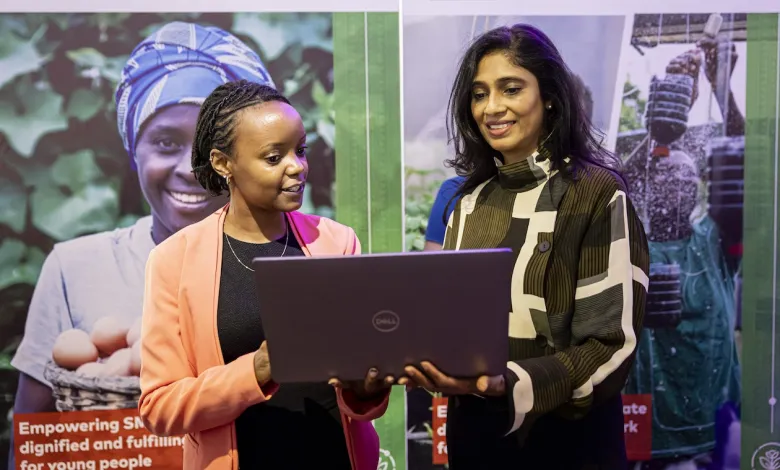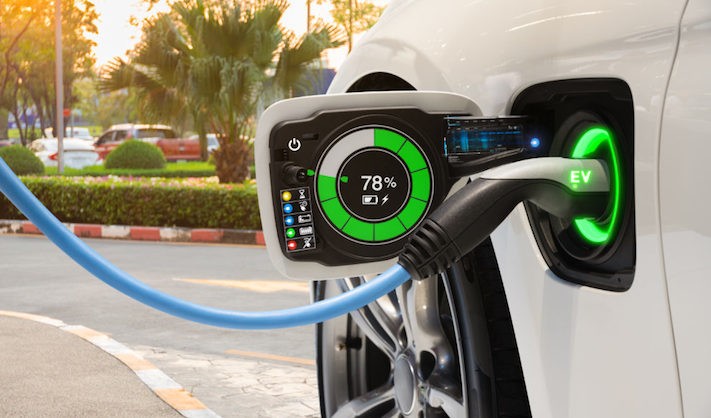Category: Key developments
-

Clean Energy Firms Astra Energy and Powertron Global Team Up to Tackle Waste in Africa
US-based clean energy companies Astra Energy and Powertron Global have joined forces to establish a joint venture focused on waste-to-energy projects across Africa.
-

Vodacom Tanzania Acquires Smile Communication For $27.4 Million to Boost 4G and 5G Rollout Plans
Tanzania’s leading telecom operator, Vodacom Tanzania PLC (VTPLC), has solidified its market dominance by acquiring Smile Communication Tanzania Limited.
-

Nigeria to Provide Solar Subsidy For Underserved Areas with World Bank Backing
Nigeria is set to expand access to electricity in unserved and underserved areas through a $750 million loan from the World Bank.
-

Equity Bank and Mastercard Partner to Streamline Cross-Border Money Transfers for Kenyans
Equity Bank and Mastercard have announced a strategic partnership that empowers Equity Bank customers to send money securely to 30 countries.
-

Mastercard Foundation Launches Agribusiness Challenge to Empower SMEs in Africa
The Mastercard Foundation Fund for Resilience and Prosperity is offering a new opportunity for SMEs in the agricultural sector across Sub-Saharan Africa.
-

Kenya Enters Partnership With GIZ to Develop National Artificial Intelligence (AI) Strategy
Kenya is poised to become a leader in responsible AI development in Africa, with the government partnering with the Deutsche Gesellschaft für Internationale Zusammenarbeit (GIZ) GmbH to launch a project for a National Artificial Intelligence (AI) Strategy.
-

Pan-African Fintech Kora Partners With Canada’s Panache Ventures to Help Founders Secure Funding
Canadian pre-seed venture fund Panache Ventures has joined forces with Kora, a pan-African fintech company.
-

Mastercard, Women Choice Partner to Empower Female Entrepreneurs in Africa with New Programs
Mastercard and Women Choice announced the expansion of their existing partnership to further empower women entrepreneurs across Africa and the Middle East.
-

Kenya to Approve First-Ever Green Mobility Policy to Accelerate EV Adoption
Kenya is revving up its transition to electric vehicles (EVs) with the launch of a draft National E-mobility Policy.